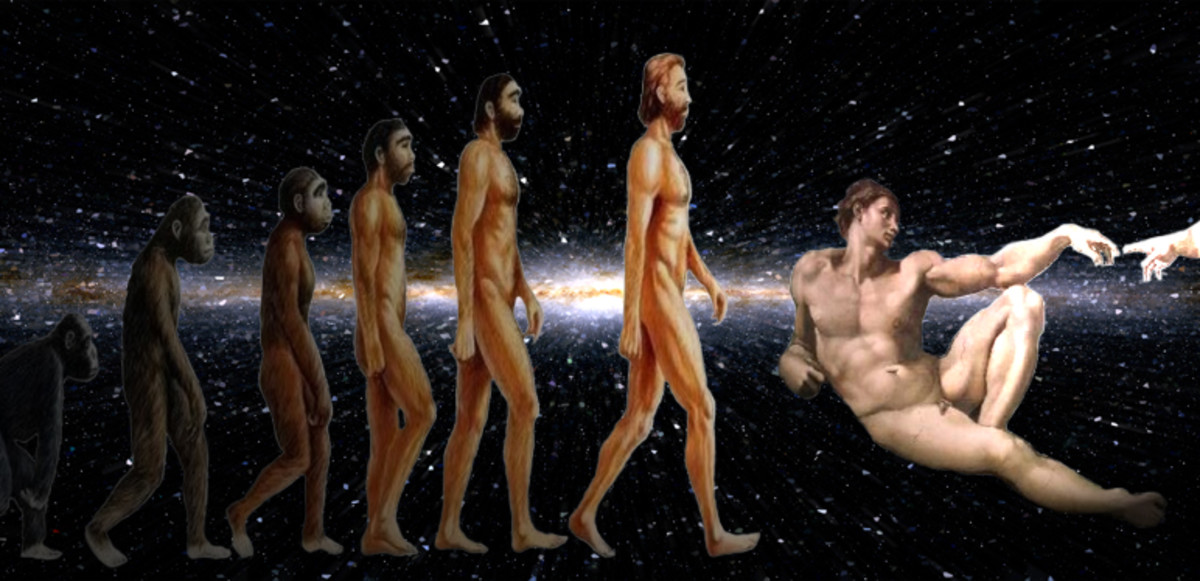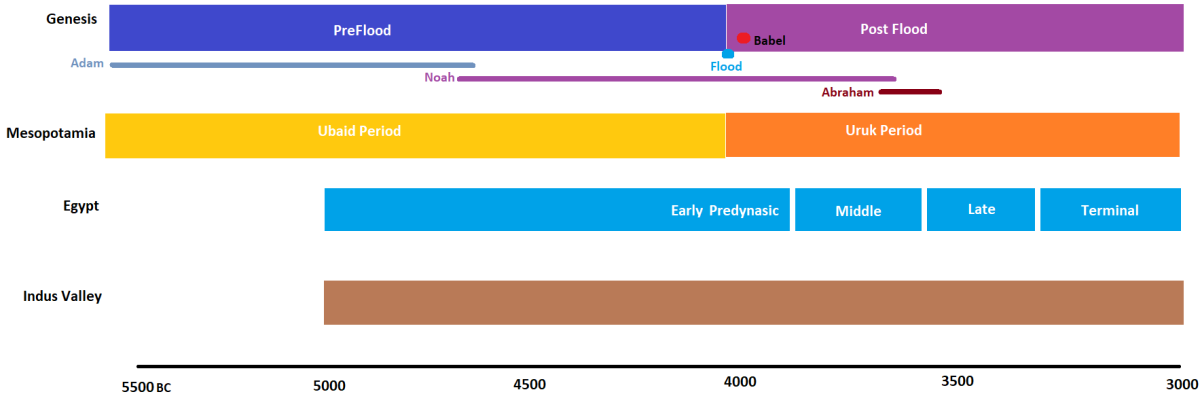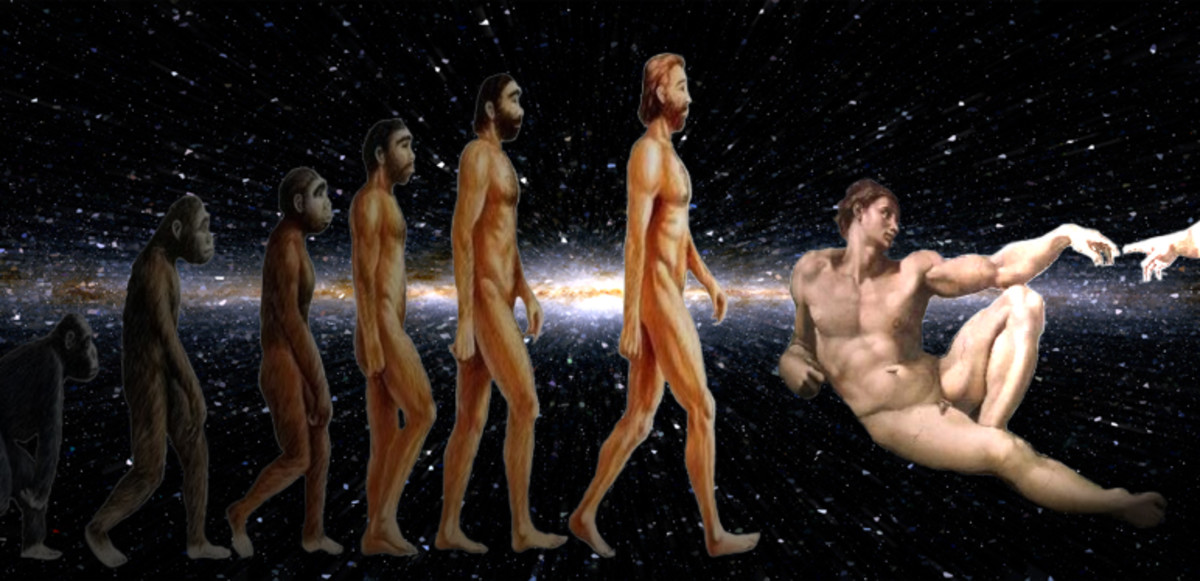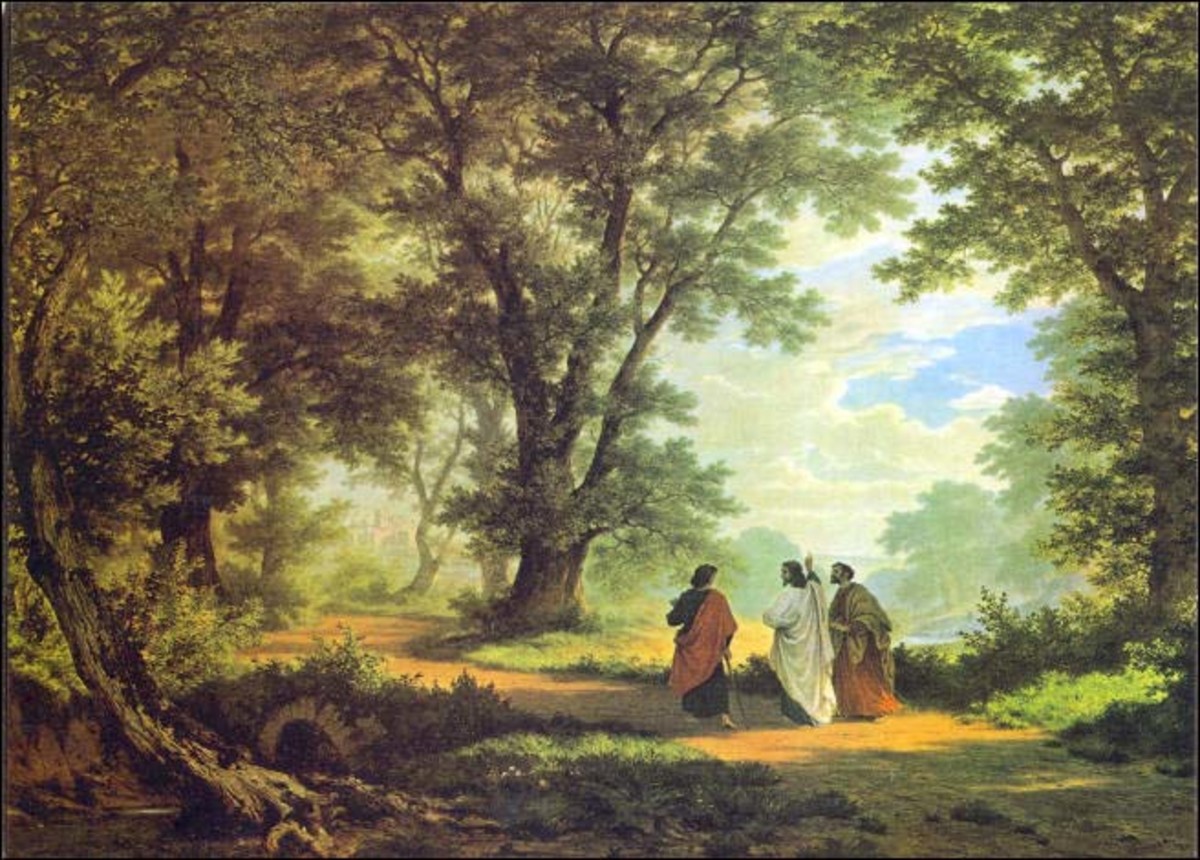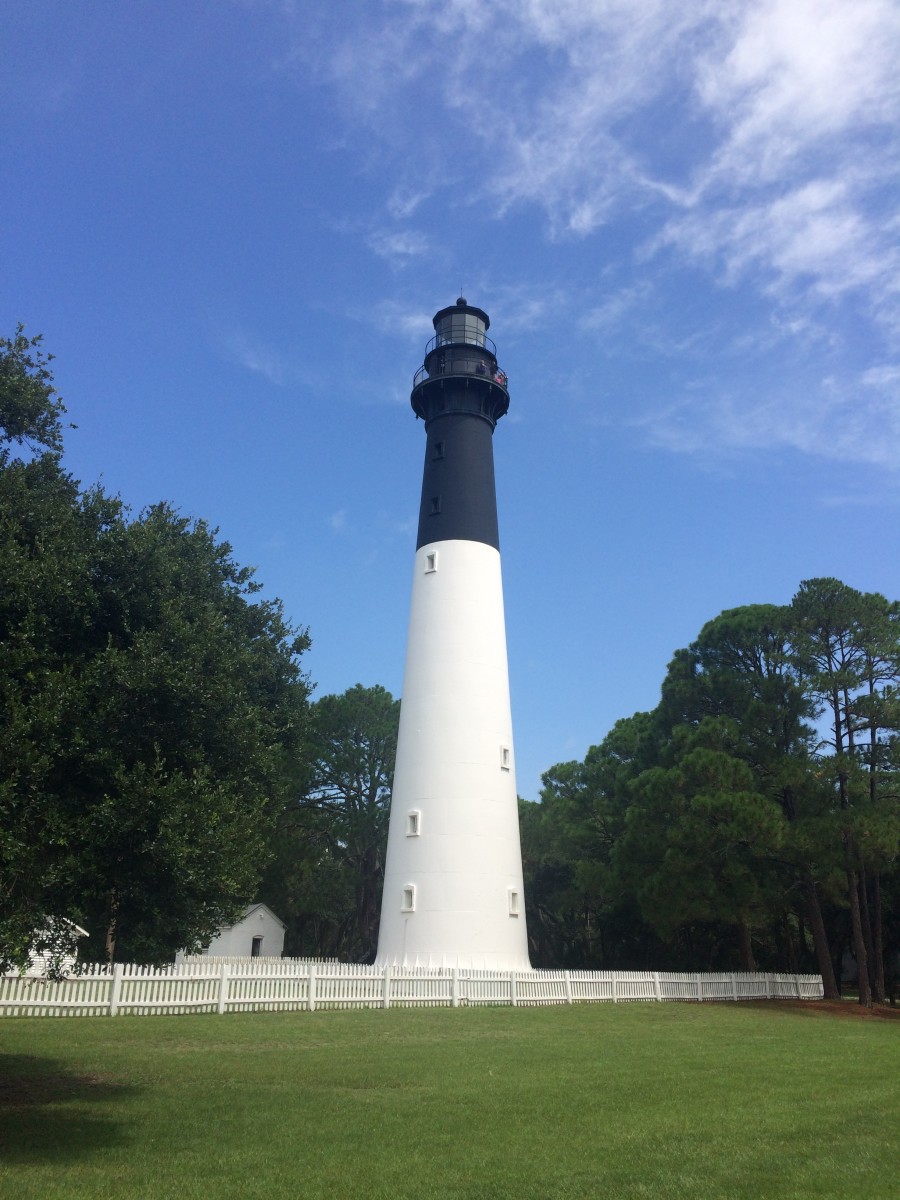Online Bible Verses about Creation Science - Genesis 1:1 - The Creation Account

Genesis 1
The Beginning
1 In the beginning God created the heavens and the earth.
First line of text in the Bible. Creation. How did it all get here? A hot topic of debate and varied opinion. Let’s look at two ends of the belief spectrum, try to be objective.
One extreme side: The universe and whatever lies beyond it, if anything, came about as a result of random occurrence. For a very long time, perhaps there was nothing. Nothing sat there in “nothingess”. Something spontaneously came out of it. Big bang is one angle. Maybe a molecule or an atom, we would have to refer to the theories and quantify what it was. But it was a start for a random process from which substance, energy and life ultimately emerged. At the relative end of that process, natural selection prompted us. No creative hand. There is evidence to support: dating, fossils, …. etc. The whole process has taken billions of years. Plenty of highly educated scientists adhere to this line of thinking.
Way over on the other side: God prompted the whole thing, did it in 6 literal days. He was the start, and His eternal existence is beyond our comprehension. The Bible serves as a timeline basis for this belief system. There is evidence to support here as well, perhaps less complex on its face: the pretty red Cardinals we see down here in North Carolina. They sing, they operate on a seasonal basis, seemingly knowing what to do and when to do it. Our own bodies, an apparent marvel of design and engineering, comprised of systems which seem to be stamped in creative genius. The lineage of man, via scripture, can be traced all the way from Adam to Christ. History thereafter is recorded in our calendar. In this belief system, the earth is much younger. There are scientists on this side of the debate as well.
Plenty of research and theory on both sides, to support one argument and refute the other. Two examples:
1. Creation side would claim animal fossils have been unearthed which traverse extended timeline layers claimed by the other side. Thus implying the layers were deposited in rapid/catastrophic fashion vs. over millions of years.
2. Evolution side would call out the star paradox. How do we explain seeing light form a star one billion light years away? Would that not force a longer timeline?
The in between: Here we have camps who take aspects of the first two extremes, and merge them into one. Perhaps a creative start, followed by aspects of evolution.
We can all look at the evidence and weigh it out, draw our own conclusion. Decide for ourselves what is viable. Decide also if it matters what we believe. Regardless of where we stand, free will allows us to decide. We can believe as we wish.
One thing we might encourage, dig in and do some research. Don’t blindly accept what your science teacher or pastor tells you. Rather, look into the evidence and decide for yourself.

